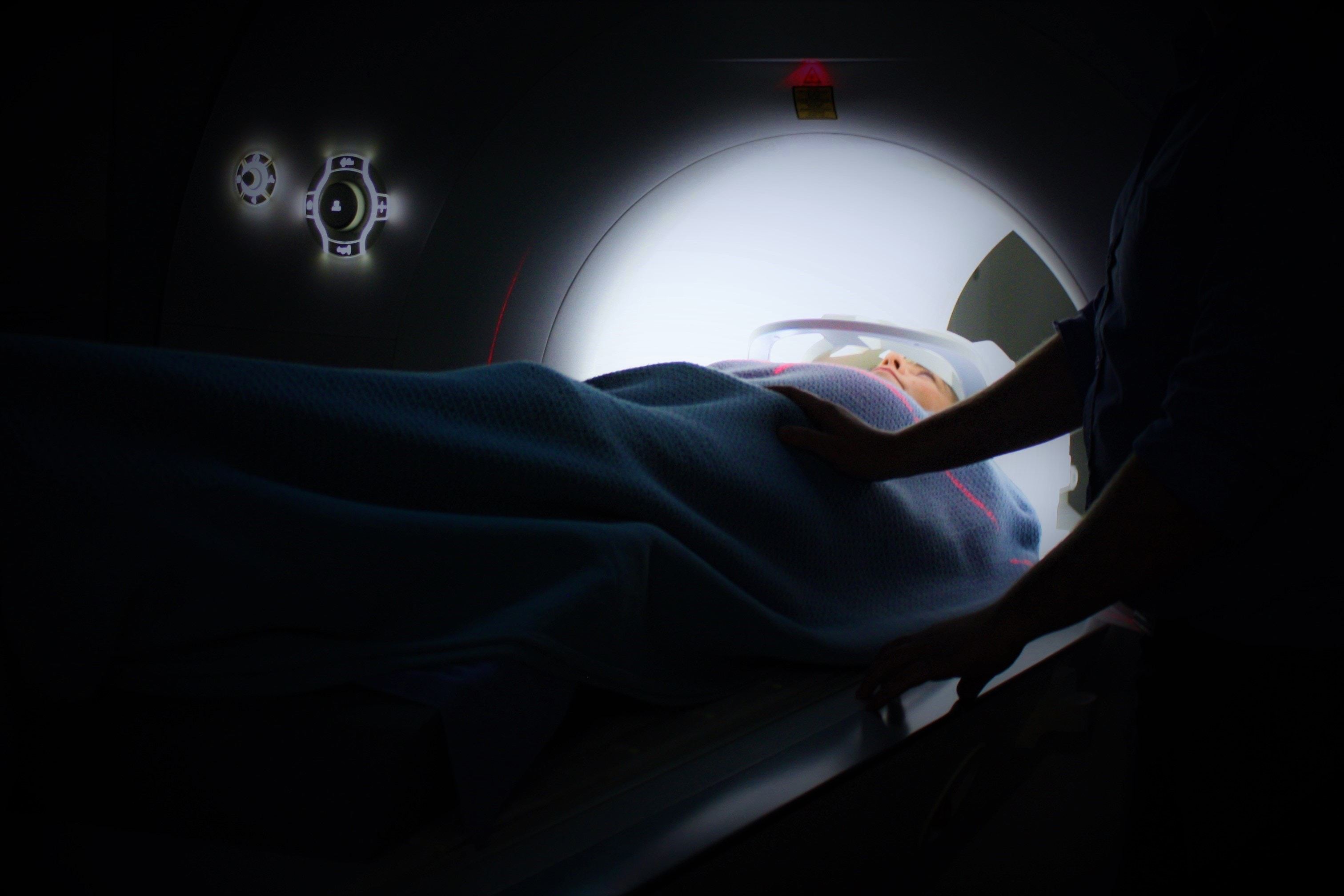In 2005, my wife and I were ready to add a third child to our family. At 35 years old, she was considered of advanced maternal age, which called for prenatal testing during pregnancy to screen for any abnormalities. During one of those early tests, I can still remember how our ultrasound technician turned silent. She left to grab two obstetricians, and they, too, grew silent after staring at the monitor.
My wife and I returned home that day with the knowledge that our unborn child displayed several tell-tale signs of Down syndrome. Months later, after he was born, we received final confirmation of his condition, a chromosomal abnormality that would lead to intellectual disability, ongoing health challenges and the high likelihood that we would need to take care of him for the rest of his life. Even though all the tests and screenings up to that point had seeded this possibility in our minds, the news, nevertheless felt like a sucker punch.
In the 13 years since my son Cal was born, his resulting complications from Down syndrome have resulted in nine trips to the operating room. Every year, he has spent at least one week in the hospital and missed upwards of 20 days at school. He’s been needled, poked, prodded, put through x-rays and MRIs, scanned and anything else you can possibly think of more times than one my wife and I can remember. Perhaps the most sobering aspect of his future, however, is the fact that 50% or more of people with Down syndrome will develop dementia due to Alzheimer’s disease as they age. Like Alzheimer’s, the progress toward more effective treatments for patients with Down syndrome has been an outlier in today’s new era of medicine due to the complexity of the condition.
Knowing this, I find it maddening that some of our legislators are talking about policies that could suppress innovation. I’ve even heard there are proposals that could potentially inhibit the development of dozens or even hundreds of new medicines. As a father, I’m not willing to sacrifice the discovery of even one new medicine, let alone hundreds.
